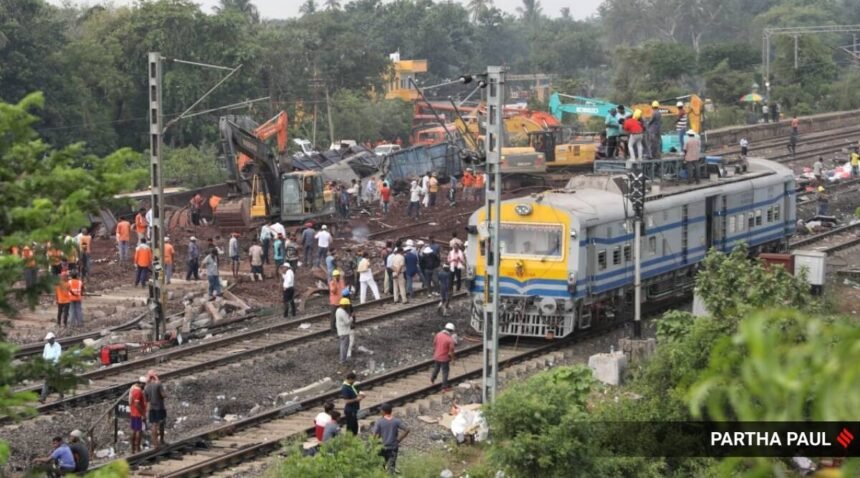The state of Odisha in eastern India is currently grappling with a distressing situation as unclaimed dead bodies continue to accumulate, posing significant space problems in morgues across the region. The surge in unclaimed bodies has presented a complex and somber challenge for authorities, requiring immediate attention and effective solutions. This article delves into the growing crisis, highlighting the consequences, underlying causes, and potential remedies to address this distressing issue.
Unclaimed Dead Bodies Overwhelm Morgues:
Odisha’s morgues are facing an unprecedented burden due to the increasing number of unclaimed dead bodies. The situation has reached alarming proportions, with the mortuary infrastructure struggling to cope with the influx. The lack of space is hindering the efficient functioning of these facilities, compromising the overall dignity and respectful treatment of the deceased.
Consequences of Overcrowded Morgues:
The overcrowding of morgues in Odisha has far-reaching consequences. Firstly, it impairs the ability of medical personnel to conduct autopsies and forensic examinations promptly, delaying investigations and hampering the administration of justice in cases involving suspicious deaths. Additionally, it hampers the management of bodies during disease outbreaks, as unclaimed corpses can become potential breeding grounds for infectious diseases, posing a severe public health risk.
Causes and Factors Contributing to the Crisis:
Several factors have contributed to the accumulation of unclaimed bodies in Odisha’s morgues. One major factor is the lack of awareness among people about the importance of promptly claiming the bodies of their deceased family members. Societal stigma, financial constraints, and a lack of proper communication channels exacerbate the problem. Furthermore, cases of migrant workers and individuals with no known next of kin add to the complexity of identifying and claiming these bodies.
Inadequate Morgue Infrastructure:
The existing infrastructure of morgues in Odisha is ill-equipped to handle the growing number of unclaimed bodies. Many morgues lack the necessary facilities, including refrigeration units, to preserve bodies adequately. The limited capacity and outdated infrastructure further compound the challenges faced by authorities in managing this crisis.
Addressing the Issue:
Efforts to address the issue of unclaimed dead bodies in Odisha’s morgues require a multi-faceted approach. Firstly, awareness campaigns should be conducted at the community level to educate people about the importance of claiming the bodies of their deceased relatives promptly. Public outreach programs, involving social workers, volunteers, and religious leaders, could play a crucial role in dispelling the stigma associated with claiming unclaimed bodies.
Collaboration between government agencies, medical institutions, and social welfare organizations is vital to improving the morgue infrastructure. Adequate funding should be allocated to enhance the facilities and expand the capacity of existing morgues. This includes establishing dedicated refrigeration units to ensure proper preservation of bodies and preventing the spread of diseases.
Efficient coordination among government departments, including the police, medical authorities, and local administrative bodies, is essential to facilitate the swift identification and verification of unclaimed bodies. Technology, such as a centralized database, can be employed to streamline the identification process and expedite efforts to locate and notify the next of kin
The mounting challenges caused by unclaimed dead bodies in Odisha’s morgues necessitate immediate attention and effective action. By raising awareness, improving infrastructure, and fostering collaboration between various stakeholders, the state can make significant strides in mitigating the space problems faced by morgues. It is crucial to remember that behind every unclaimed body lies a human story, and ensuring their respectful treatment in death is both a moral obligation and a public health imperative.




